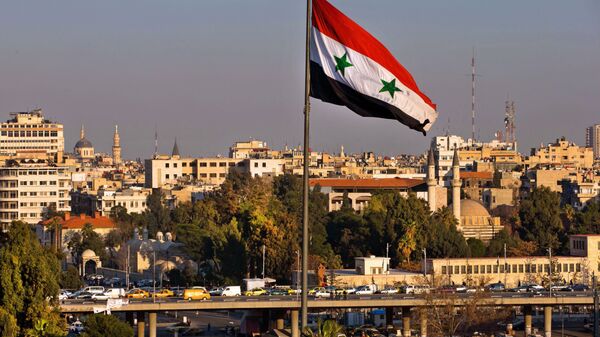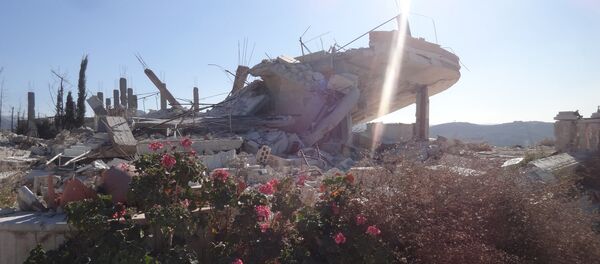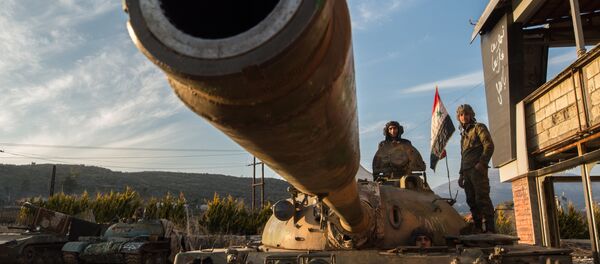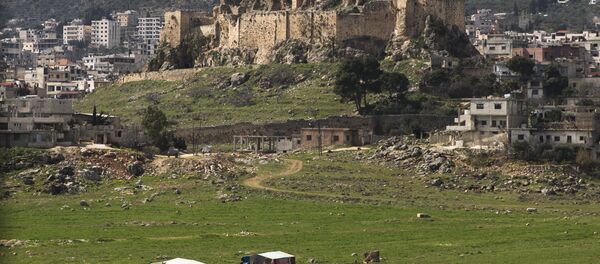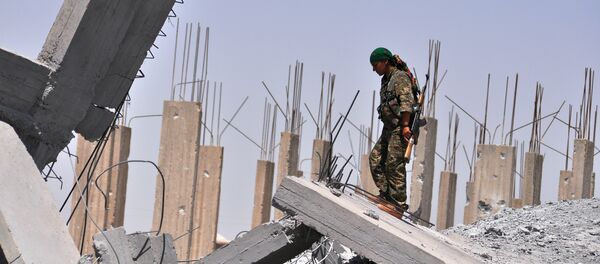The US-led coalition's "Phoney War" against Daesh (ISIS/ISIL) did not inflict any serious damage on Islamists who had been spreading like a plague across Syria and Iraq.
The situation has changed drastically after Russia stepped in.
"In September 2015, upon request of the Syrian government, Russian fighter planes entered Syrian airspace, from the start doing what the US-led coalition had purported it would do: targeting terrorist hotbeds in Syria," Canadian freelance journalist and rights activist Eva Bartlett writes in her Op-Ed for Russia Today.
"In contrast, in the year and a half that the US-led coalition has been illegally violating Syrian skies, they've done little to stop terrorists' movements and have repeatedly 'accidentally' dropped supplies to terrorist factions, while terrorists transit through hundreds of miles of open desert, thereby prolonging the otherwise-real fight against terrorism being waged by the Syrian army and allies," she underscores.
It means a lot for Syrians who are strongly committed to the country's sovereignty, integrity and independence.
However, it seems Western policymakers and media pundits do not share Syria's hopes and aspirations.
The ink was hardly dry on the Syrian truce agreement when US Secretary of State John Kerry came up with a "Plan B," envisaging the splitting of the sovereign state up.
US academic James Stavridis, a retired four-star US Navy admiral and NATO supreme allied commander, echoes Kerry's stance in his latest article for Foreign Policy magazine.
"What is increasingly apparent amid all this misery is that Syria as a nation is increasingly a fiction," Stavridis insists.
"Like Humpty Dumpty in the children's nursery rhyme, the odds of putting Syria back together again into a functioning entity appear very low. It is time to consider a partition," the former NATO commander believes.
Stavridis and his co-thinkers in Washington completely ignore reality on the ground in Syria.
In her article Eva Bartlett quotes Dr. Bouthaina Shaaban, Political and Media Advisor to Syria's President, who commented on the inconsistency of US leaders' position on Syria:
"Here is the difference between them and Russia. If you take the statements of Putin or Lavrov from the beginning of the crisis until now, you find them consistent, in line with each other. You find them coming from a stand against terrorism, that countries have sovereignties, and that it is the people of these countries who should decide the future of the country, with no foreign intervention. All of their stands are in line with international legitimacy and with UN resolutions," Dr. Shaaban told the Canadian journalist.
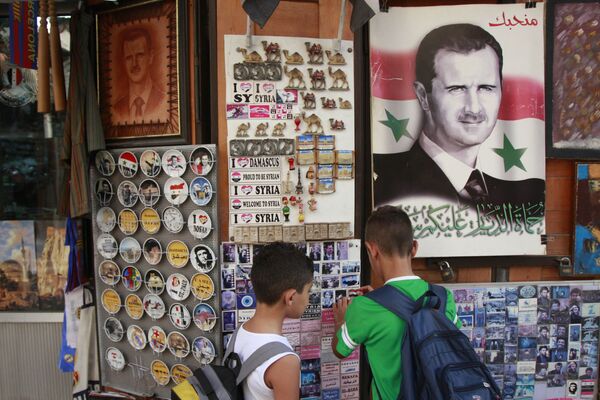
What makes matters even worse, the West continues to conduct its policy of sanctions aimed against Syria. As a result, the country's civilians struck by the war are suffering even more.
"The first… is terrorism, because not only do the terrorists threaten civilians, but also deprive them of basic livelihood. The second reason is the embargo which the West, primarily the United States, had imposed on Syria, this is what created even greater difficulties for people's lives here, mainly in the healthcare sector," Assad emphasized.
Contrary to the Humpty-Dumpty allusions, promoted by the Western media, Syria is coming together again.
"On my December visit to various parts of Homs, including the Old City, there was evidence of the pulse of life: new shops and stalls opened; homes and restaurants rehabilitated," Bartlett recalls.
Despite the fact the war against terrorism is still going on, Syria is healing its wounds little-by-little.
"…the streets have been cleaned and shops opened and people continued their work," Dr. Shaaban noted as cited by the journalist, "This is the secret to victory in Syria."
